Maybe this is your first Labor Day as a graduate. The calendar flips to September, the air feels a little different, and the world of work suddenly feels very real. Labor Day isn’t just a long weekend—it’s a story about dignity, effort, and the quiet pride of making something with your hands, your mind, and your heart.
Origins of Labor Day in the United States
In the late 19th century, American cities were humming with factories, foundries, and shipyards. Workdays were long, safety was thin, and wages were often fragile. Organizers dreamed up something radical for 1882: a day not to strike, but to celebrate. On September 5 in New York City, thousands of workers gathered for a parade organized by the Central Labor Union—marching bands up front, banners unfurled, families trailing behind with picnic baskets. By evening, the city belonged to carpenters, printers, machinists, and their children. For one day, they weren’t invisible.
A dozen years later, in the shadow of the Pullman Strike, Congress made Labor Day a national holiday. The choice of the first Monday in September pulled the country toward celebration rather than confrontation: a family day, a parade day, a long-weekend day that said, “Work matters. Workers matter.”
A small story: When the 1882 parade formed at noon (many couldn’t risk losing a full day’s wages), one group hesitated—they weren’t sure enough people would come. Then the drums started. Tailors and cigar-makers stepped out, and the crowd began to swell. By evening, skeptics were dancing.
Two Labor Days: September and May
If you look around the world, you’ll find another Labor Day on May 1—International Workers’ Day—rooted in the fight for the eight-hour day and the Haymarket movement. The United States placed its Labor Day in September, and that choice shaped its tone: less a protest, more a neighborhood tradition, with cookouts, fireworks in some towns, and parades where kids ride on union floats tossing candy.
Both days share a core truth: honoring labor means honoring people—teachers finishing lesson plans by lamplight, nurses adjusting a pillow in the half-dark, new grads nervously opening laptops on their first day.
Traditions, myths, and how Labor Day evolved
- Parades and picnics: Brass bands, union banners, and sprawling park picnics once defined the day. Those parades still happen, though many families now mark the weekend with community fairs, small-town runs, and backyard grills.
- The “no white after Labor Day” myth: The old etiquette rule probably sprang from turn-of-the-century fashion habits—light fabrics for summer, darker for fall—and from social codes that never really fit everyone. Today, personal style wins. Wear what makes you feel like yourself.
- Back-to-school energy: The weekend signals a hinge in the year. For many, it’s the last summer chapter. For graduates, it’s also a quiet doorway—from ceremony to career, from tassels to timecards.
A small story: A union local in the Midwest used to hold a tug-of-war across a shallow creek every Labor Day. On one side: veteran millwrights. On the other: apprentices. The apprentices rarely won, but after the rope slipped and splashed one year, the veterans crossed the water and hoisted every apprentice on their shoulders. “You’re with us now,” someone shouted. That’s what Labor Day can feel like.
What Labor Day can teach new graduates
- Pride in craft: Whatever your field—engineering, design, teaching, finance—there’s a craft within it. Learn the invisible parts: the naming conventions, the handoffs, the questions great colleagues ask before they act.
- Solidarity as a skill: The best teams protect one another’s time, share credit, and give clear, kind feedback. Showing up for colleagues—covering a shift, staying late after someone’s tough day—is both an ethic and an advantage.
- Boundaries matter: Labor movements fought for reasonable hours not because leisure is luxury, but because rest is part of doing great work. You’ll do your best thinking after a full night’s sleep and a walk that clears your head.
- Celebrate small wins: Promotions and awards are shiny, but quiet milestones make a career: the first customer you truly helped, a process you improved, a note of thanks you kept.
Reflection prompt: What’s one habit you want to carry from school into work—consistent note-taking, office hours-style check-ins with mentors, second drafts before you “ship”? Name it. Protect it.
Thoughtful, grad-friendly ways to mark Labor Day
You asked for ideas that pair the spirit of Labor Day with the milestone of graduation—without getting product-specific. Here are meaningful directions that honor both:
- Meaningful keepsakes: Choose something symbolic that says, “Your work matters.” Think of an item that can sit on a desk and quietly root for you each morning—engraved words, a date, a line from a mentor.
- Personalized notes: A handwritten message from a parent, friend, or professor can do what nothing else can: remind a new grad they’re not alone when the first week feels confusing.
- School-color touches: A nod to alma mater—subtle colors, a ribbon, a trim—bridges who they’ve been with who they’re becoming, and looks right at home in early career settings.
- Memory preservation: Encourage capturing a Labor Day “first job” photo tradition each year—same spot, same stance, evolving story. Rituals build resilience.
- Wellness-forward gestures: Celebrate rest as a work value. Something that nudges healthy habits—hydration, posture, a walk at lunch—turns the long weekend into a long-term practice.
- Mentorship mementos: Invite a mentor to add a sentence of advice. Collect a few, seal them in an envelope, label it “Open on the first hard day.” It’s the closest thing to a future pep talk.
Tip: Pair any keepsake with a specific moment. “For the day you solve your first big problem,” or “For the morning you need courage.” Meaning beats price, every time.
Ways to celebrate that honor labor—and set a tone for your career
- Thank a worker, specifically: “I noticed how carefully you handled that.” Specific praise respects craft and builds your own eye for excellence.
- Volunteer where work meets dignity: Food banks, tool libraries, neighborhood repair days. You’ll learn how communities function—and how your skills can fit.
- Learn your workplace’s story: Ask a veteran colleague how things used to be done and what changed. You’ll avoid old pitfalls and earn trust.
- Rest with intention: Step fully away for a few hours. Return with one sentence about why your work matters. Tape it where you can see it.
- Set a Labor Day ritual: Each year, write three lines: what you built, who you helped, what you learned. Careers are made of those lines.
At GraduationMall, we believe milestones deserve meaning. Labor Day began as a promise to honor work with dignity and joy; as you step into your own path, may you carry that promise forward—quietly, steadily, in the way you show up, learn, and build. Here’s to the long weekend, and to the long, good work ahead.


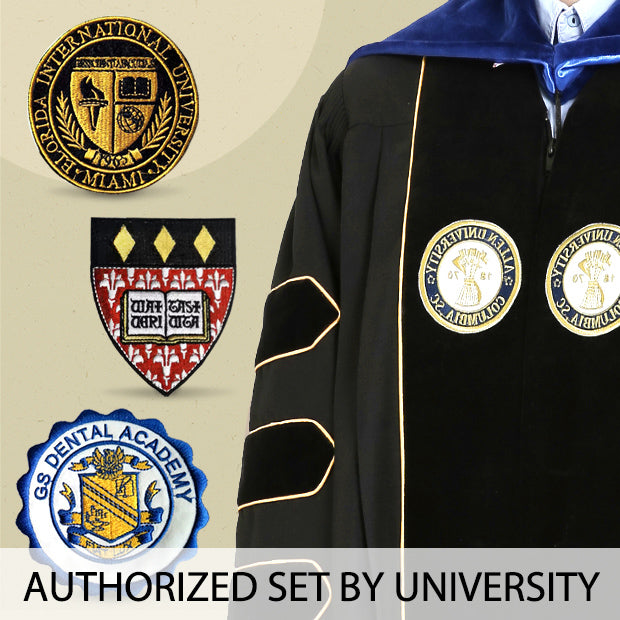

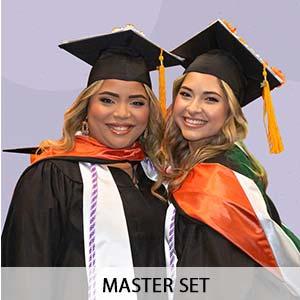
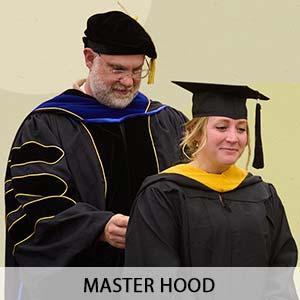


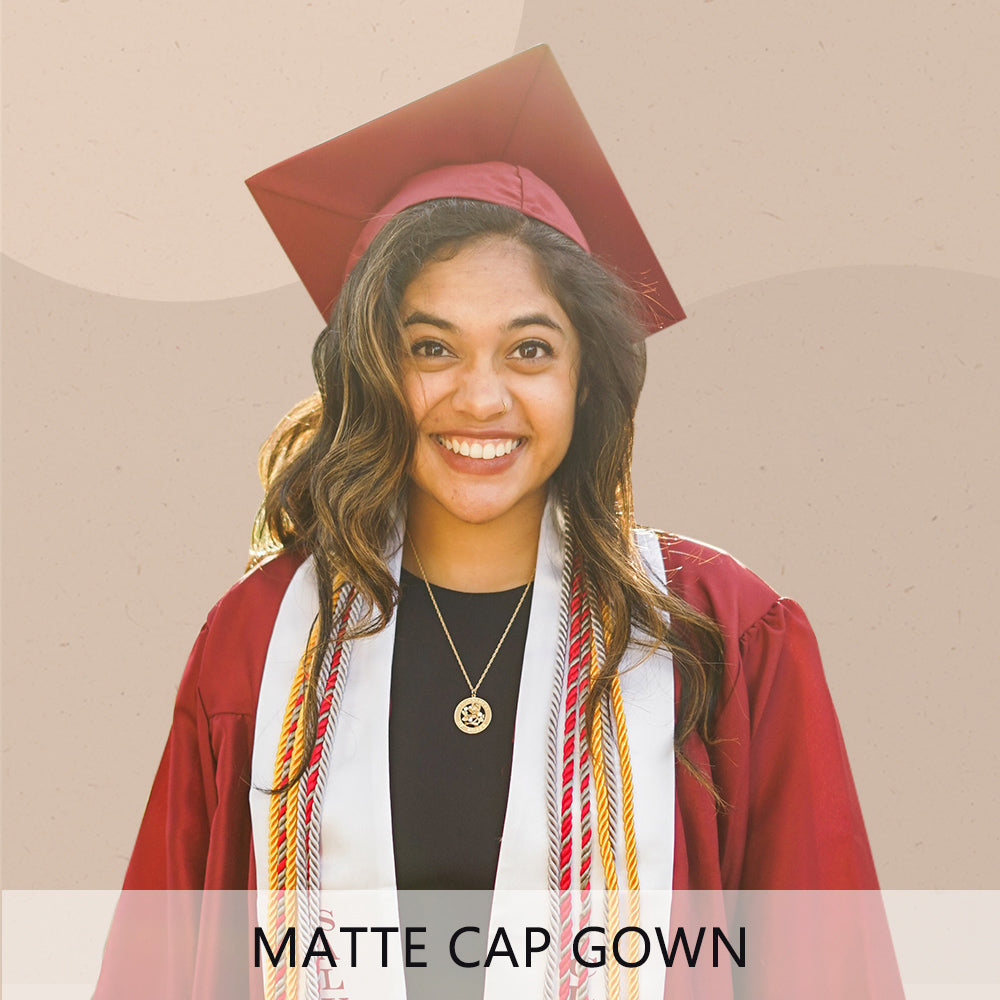
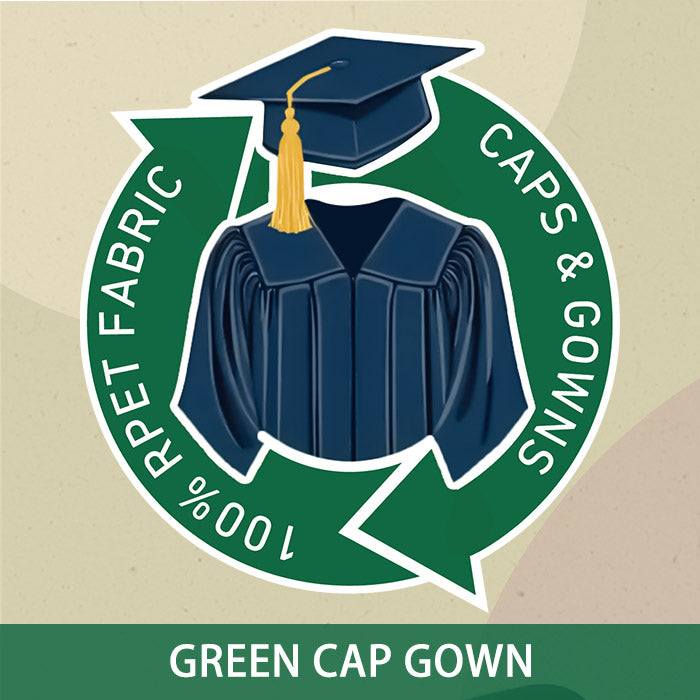




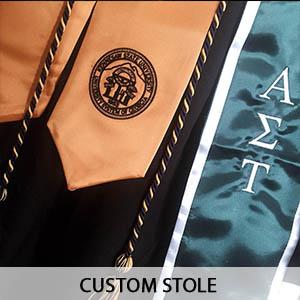

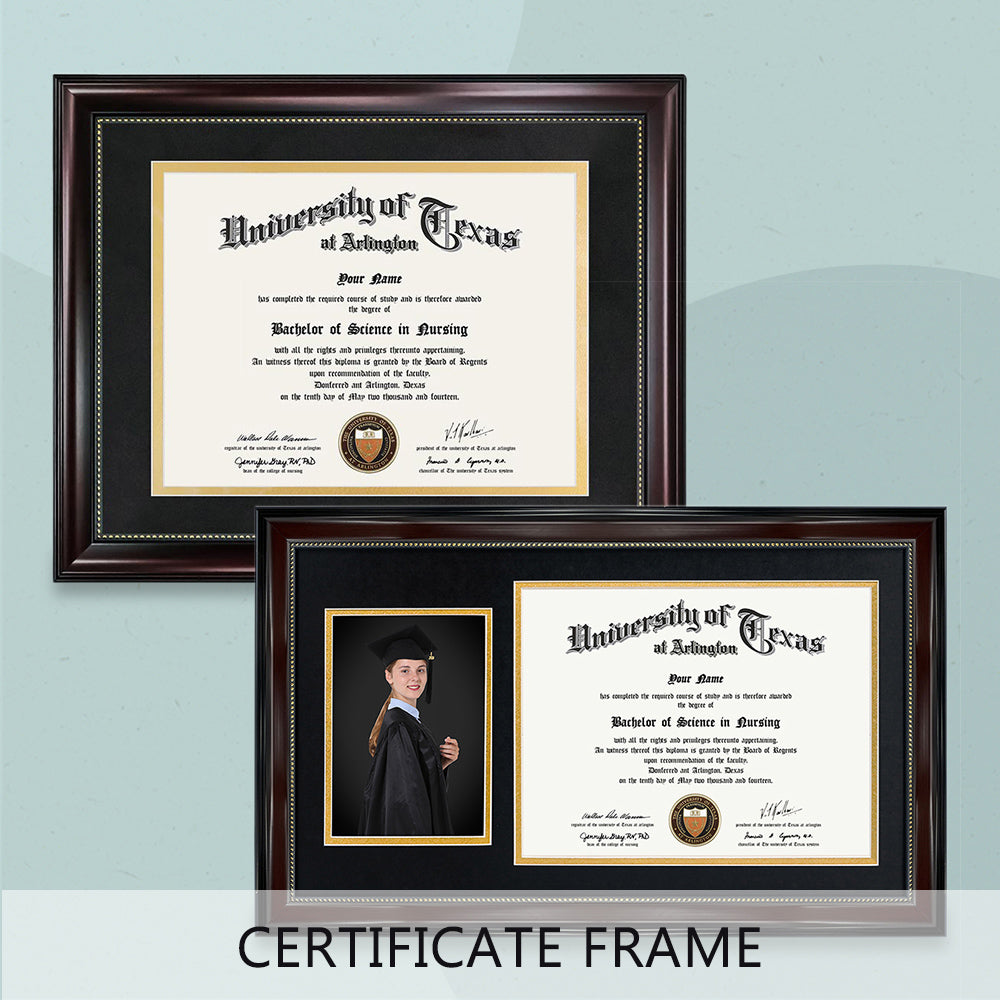
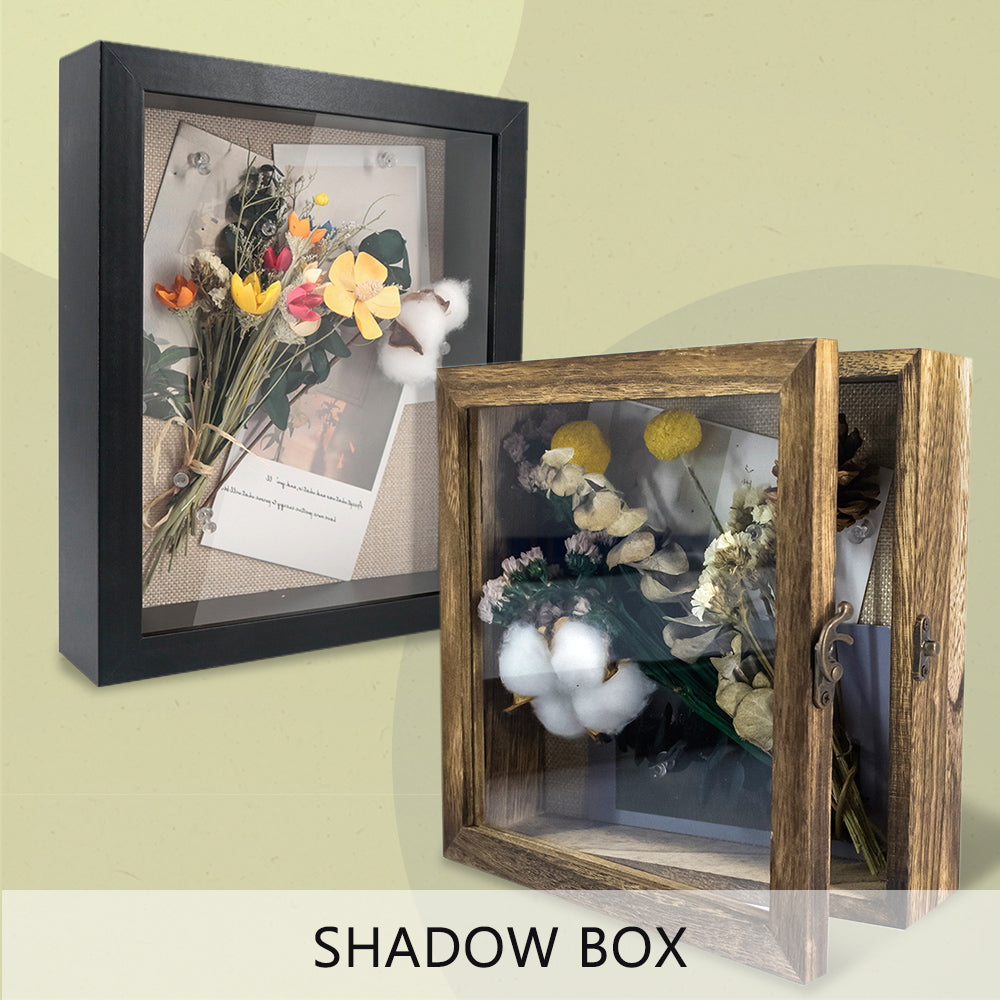



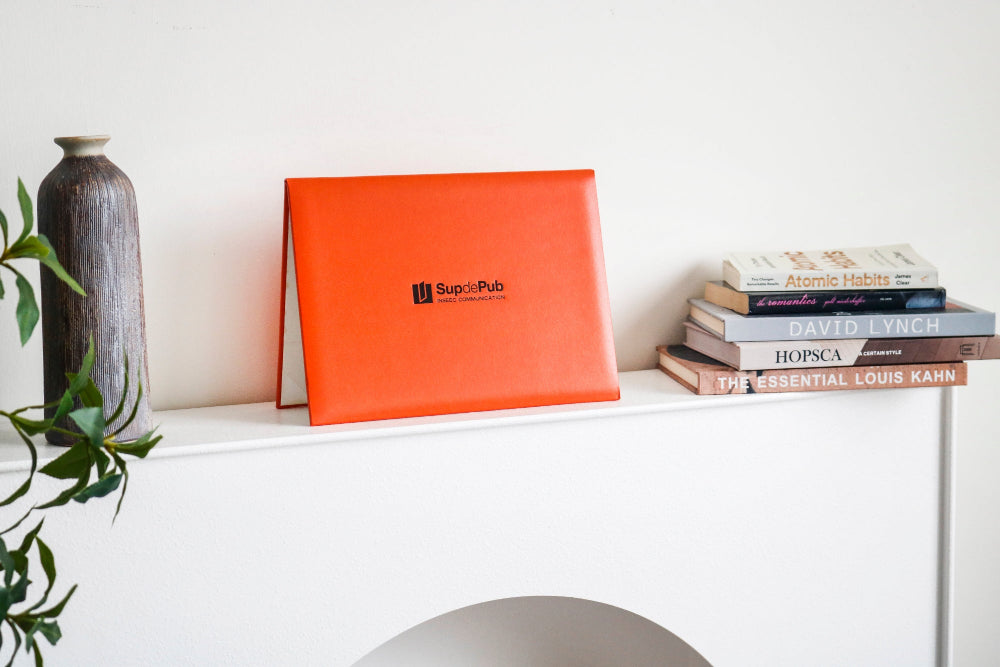
Leave a comment
This site is protected by hCaptcha and the hCaptcha Privacy Policy and Terms of Service apply.